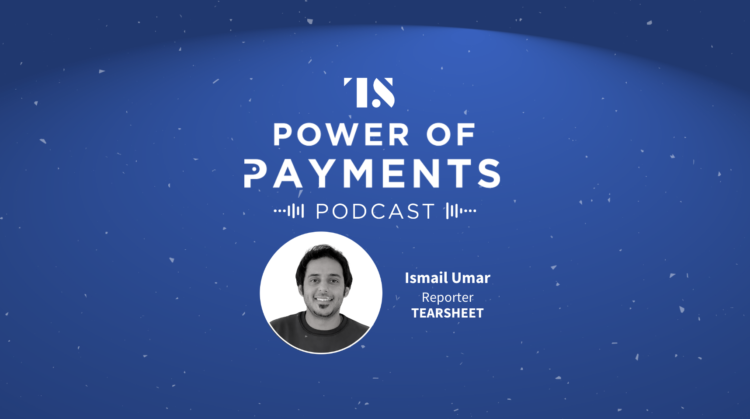Payments, Power of Payments Podcast
Power of Payments Ep. 13: ‘You need to have a good answer to the question, how do you get to profitability?’ – Rapyd’s Eric Rosenthal
- Eric Rosenthal, vice president of corporate development, strategy and partnerships at Rapyd, joins host Ismail Umar on this week’s podcast.
- He talks about how Rapyd caters to businesses of different sizes including major firms like Uber, what American companies can learn from payments firms in Latin America, Asia, and Europe, and how startups in the space should try to deal with the current downturn.








